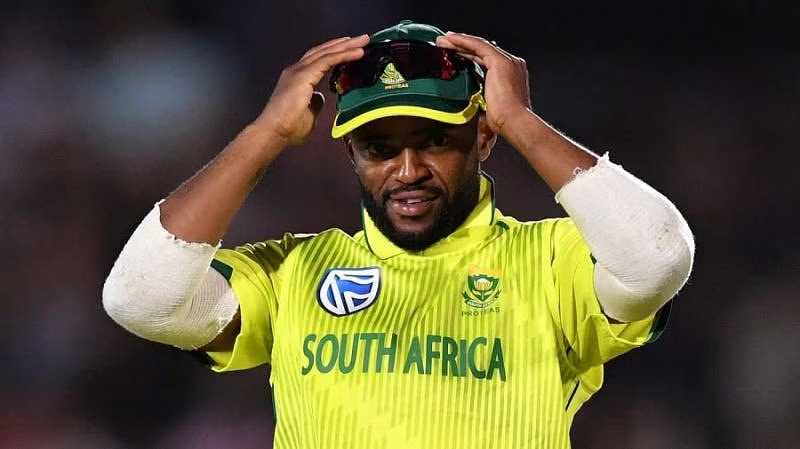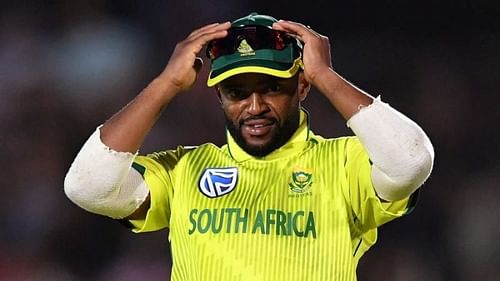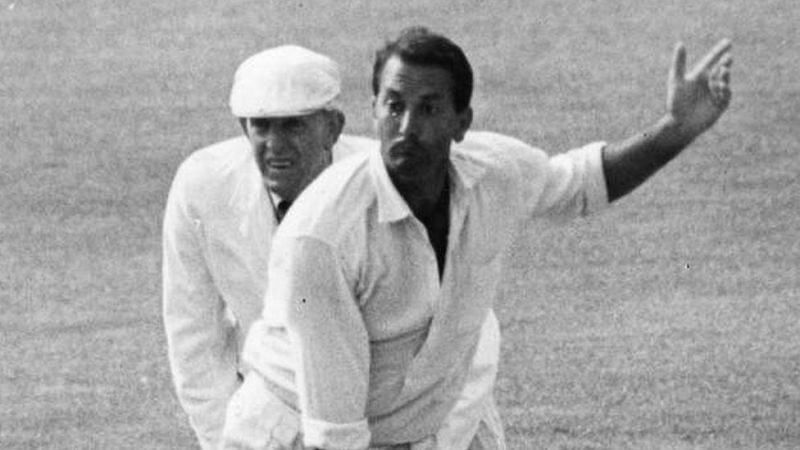
Temba Bavuma – a golden leaf in the scratchy book of South Africa’s race relationships

Temba Bavuma was appointed the captain of South Africa's limited-overs side earlier this week. He thus became the first black player ever to get the job of leading the nation’s cricket team in its history.
There could be several factors that would have probably led to Bavuma’s nomination. He recently led his domestic franchise, the Lions, to their second T20 title in the last three years. Former South African skipper Graeme Smith, who currently serves as CSA's Director of Cricket, had also revealed that the selection committee was impressed by the 30-year-old's leadership skills.
However, apart from all the cricketing implications that this decision might have, it is sure to have a lot of racial, social and political implications in the African nation. The nation has surely had a difficult history when it comes to racial relations.
On this momentous occasion, let us look back at the racial history of South African cricket and what this news means to a major racial stratum in the country.
Race-related controversies in the South African cricket

South African cricket has had racism-related issues from its inception. This can be traced to the last decade of the 1800s when William Henry ‘Krom’ Hendricks was prevented from touring England.
He was considered black owing to his mother’s ancestry. Hendricks was probably the fastest bowler in the country at the time but never made it to the national team due to the racial segregation policy prevalent at the time.
In the more recent past, the most infamous controversy surrounding South Africa’s racial discrimination is probably the one known to historians as the 'Basil D’Oliveira episode'. This incident became the immediate cause for South Africa’s long-term cricketing isolation.
D’Oliveira was a South African-born black cricketer who moved to England and pursued cricket due to the issues back in his country of birth. He was selected in the Marleybone Cricket Club (MCC) squad scheduled to tour South Africa in 1968-69. This was at a time when South Africa did not allow racial integration of the teams.
Soon after the news of D’Oliveira’s inclusion hit the press, the then-Prime Minister of South Africa, B.J. Vorster, declared in public that the English team would not be allowed to enter the country if it included the all-rounder.
The MCC finally decided to cancel the tour, which was followed by a moratorium imposed by the International Cricket Council (ICC) on tours to South Africa. The nation had to wait 21 more years to play a sanctioned international match.
The racial history of the cricketing nation
South Africa's racial demography places black Africans as the majority, forming over 75% of the population. The white South Africans form around 10%, with people from other ethnicities completing the rest of the country's population.
However, for several years, the representation in the South African national side has almost wholly been from the 10% of the white population.
Omar Henry became the first non-white player to play Test cricket for South Africa after the Apartheid era in 1992. He thus became the second non-white player ever after Charlie Llewellyn in 1912 to achieve this feat.
It took another six years for a black South African to play Test cricket. Former fast bowler Makhaya Ntini would make history for his country in that regard.
The recent years have been a period of integration. The game has become more popular among the black population, leading to more black players representing the country. But just when things seemed to get brighter, CSA were hit by more scandals.
In a controversial press conference before the 3TC match last year, Lungi Ngidi asked the CSA to stand in support of the Black Lives Movement, especially given the difficult past muddled with racial discrimination.
While some former players and administrators like Graeme Smith took up this appeal, it did not go down well with some others. Smith revealed that he received death threats from anonymous sources after he stood in support of BLM.
Former players, including Pat Symcox, Boeta Dippenaar and Brian McMillan, came out and criticised Ngidi’s stand. All this could be perceived as personal opinions, but it does reflect the kind of societal viewpoints still prevalent in the nation.
Birth of a new dawn in South African cricket
Temba Bavuma's appointment as captain could well be the start of something new in the South African cricketing arena. By appointing a black South African to lead the national cricket team for the first time in history, the message that CSA is sending out is very clear. They are serious about racial integration and upholding merit irrespective of any other factors.
A couple of years earlier, Siya Kolisi became the first black captain of South Africa’s rugby team. He led the Springboks to the title at the 2019 World Cup. The way the appointment was received by South African society set an example.
Temba Bavuma could well replicate this in the cricketing arena for the nation. He has been given the responsibility to captain the South African side in the T20 World Cups of 2021 and 2022, as well as the fifty-over World Cup in 2023.
If he can bring a world title home for the first time in South Africa's history, he could send home a message to sections of society that still have reservations about racial integration.
Irrespective of the success that he may achieve in the new role, there is little doubt what this would mean to a population that had been held onto margins of the society – legally and politically – until some 30 years ago.